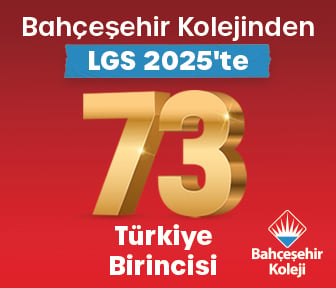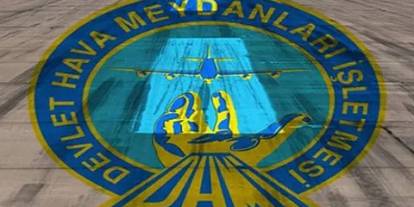When are ambulance workers going on strike?

Ambulance staff belonging to three unions - GMB, Unison and Unite - are on strike in a dispute over pay.
Life-threatening 999 calls will be attended to but other emergencies, such as slips on icy pavements, may not be, as freezing temperatures affect parts of the UK.
The UK Health Security Agency has extended the current level 3 cold weather alert until 9am on Wednesday.
The cold carries health risks, particularly for vulnerable patients.
It increases the risks of heart attacks, strokes and chest infections, as well as falls and accidents, for example.
During this period, it is important to check in on family, friends and relatives who may need help, experts say.
If you have a pre-existing medical condition or are over the age of 65, it is important to try and heat your home to at least 18°C if you can.
Ambulance strike
Health Secretary Steve Barclay said Monday's industrial action affecting some parts of England and Wales was "hugely disappointing" and despite contingency plans to mitigate risks to patient safety, "there will inevitably be further disruption".
He added: "I have had constructive talks with unions about this coming year's pay process for 2023-24, and am keen to continue talking about what is affordable and fair."
Speaking on Sky's Sophy Ridge on Sunday, Unite general secretary Sharon Graham said the government was willing to "talk about anything, but they won't talk about pay".
Meanwhile, Unison general secretary Christina McAnea said a "solution" to the strike was "staring the government in the face".
The biggest day of industrial action for the NHS in this ongoing dispute over pay is set to happen on 6 February, when nurses will walk out too.
Governments say the above-inflation pay rises requested are unaffordable.
Pay rises are decided by independent pay review bodies.
NHS staff in England and Wales - including nurses - have already received an average increase of 4.75%. The lowest paid were guaranteed a rise of at least £1,400.
The Welsh government offered a one-off payment as a way to avoid strike action, but that was rejected by unions.
Fourteen health unions, representing more than a million NHS workers in England, have said they will no longer work with the NHS Pay Review Body on discussions about the next (2023-24) pay deal until their current demands are met.
In Scotland, a pay offer averaging 7.5% has been accepted by some unions.
In Northern Ireland, the government has said it will give a 4.5% uplift to pay, backdated to April 2022. That is a below-inflation increase for most workers. Pay disputes continue.
What 999 care will be provided?
The advice remains to call 999 in an emergency.
The most life-threatening situations - such as cardiac arrest - will be responded to by an ambulance.
Conditions which are serious but not immediately life-threatening might not be attended straight away.
Less urgent calls - such as a woman in late-stage labour - will not be prioritised.
Those who have a fall, or suffer other non-life-threatening injuries, are unlikely to receive 999 care. The NHS 111 service is available.










Yorum yazarak topluluk şartlarımızı kabul etmiş bulunuyor ve tüm sorumluluğu üstleniyorsunuz. Yazılan yorumlardan Mebpersonel.com İnternet Sitesi hiçbir şekilde sorumlu tutulamaz.